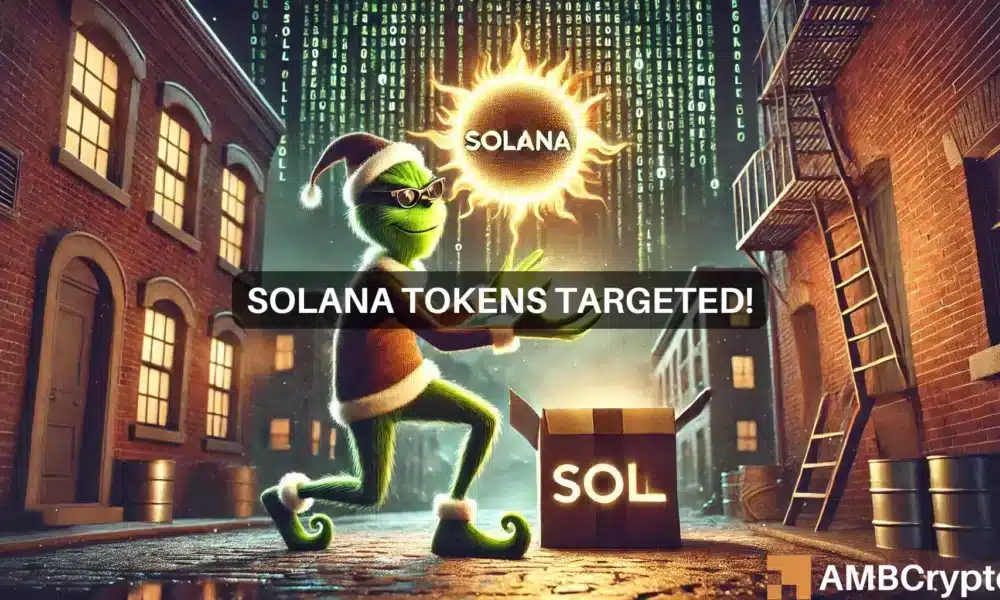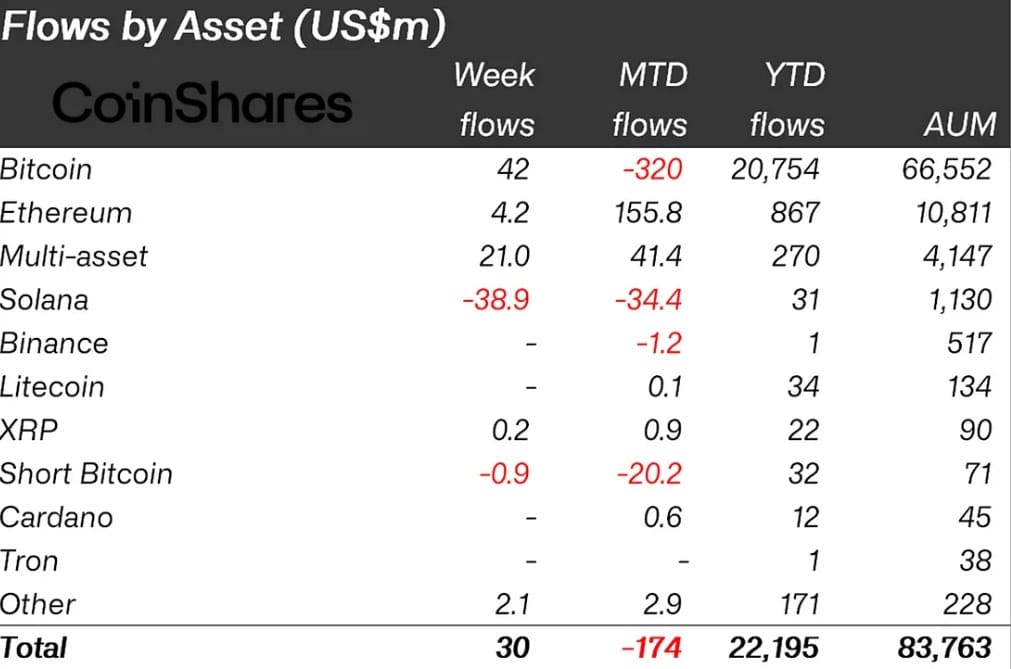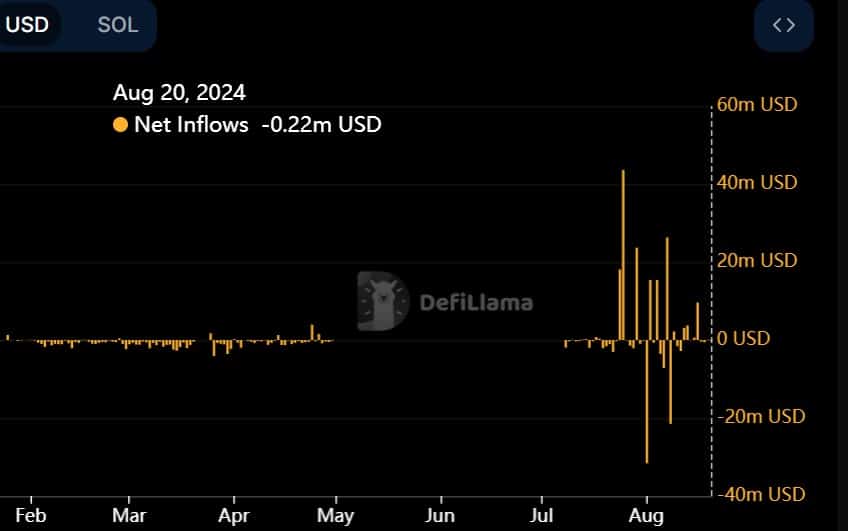- The Bull Checker Chrome extension has reportedly stolen from DeFi users.
- The extension would transfer tokens to another wallets without the owner’s consent.
Exchange aggregator Jupiter [JUP] has left the crypto community on edge after revealing the presence of a malicious browser extension that was targeting Solana’s [SOL] DeFi users.
According to the report, which came out on X (formerly Twitter), the Bull Checker Chrome extension has targeted various users from Solana DeFi-related subreddits.
The extension enabled user access to dApps. However, after the user completed the transaction, it would transfer tokens to another wallet without the user’s knowledge.
Jupiter revealed,
“Users with this extension would interact with the dApps as per normal, have the simulation show up as normal, but have the possibility of their tokens being maliciously transferred to another wallet upon transaction completion.”
Next steps
After the report, Jupiter warned users not to use these extensions. Allegedly, one Reddit account, Solana_ OG, was behind the extension, as they convinced users to download the Bull Checker extension.
Bull Checker added harmful instructions to legitimize Jupiter and Raydium instructions, thus authorizing these transactions to be made to another wallet.
Therefore, users should remove all other extensions with extensive untrusted permissions for safety.
Impact on SOL?
The scandal arises amidst increased outflows within the Solana network. According to Coinshare, Solana has experienced increased outflow over the last seven days.
The altcoin has seen $39 million in outflow over the past week, primarily because memecoins on the ecosystem saw a decline in trading volume.
Read Solana’s [SOL] Price Prediction 2024-25
Equally, the Solana network has experienced a considerable decline in inflow and an increase in outflow. According to DefiLlama, Solana’s net flow has declined to -0.22 million at press time.
A negative netflow shows decreased demand for Sol ETPs and its memecoins.
This news is republished from another source. You can check the original article here









